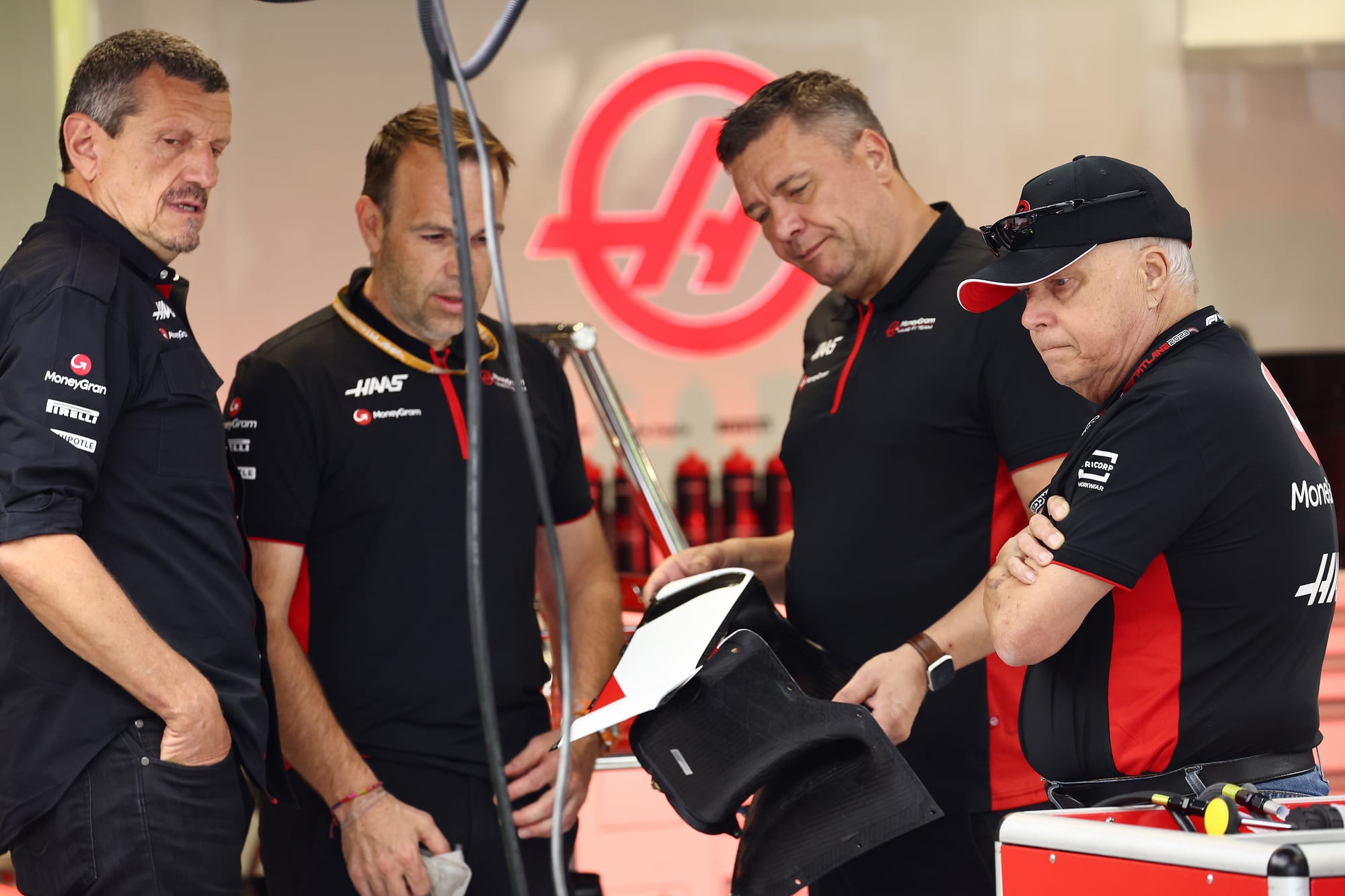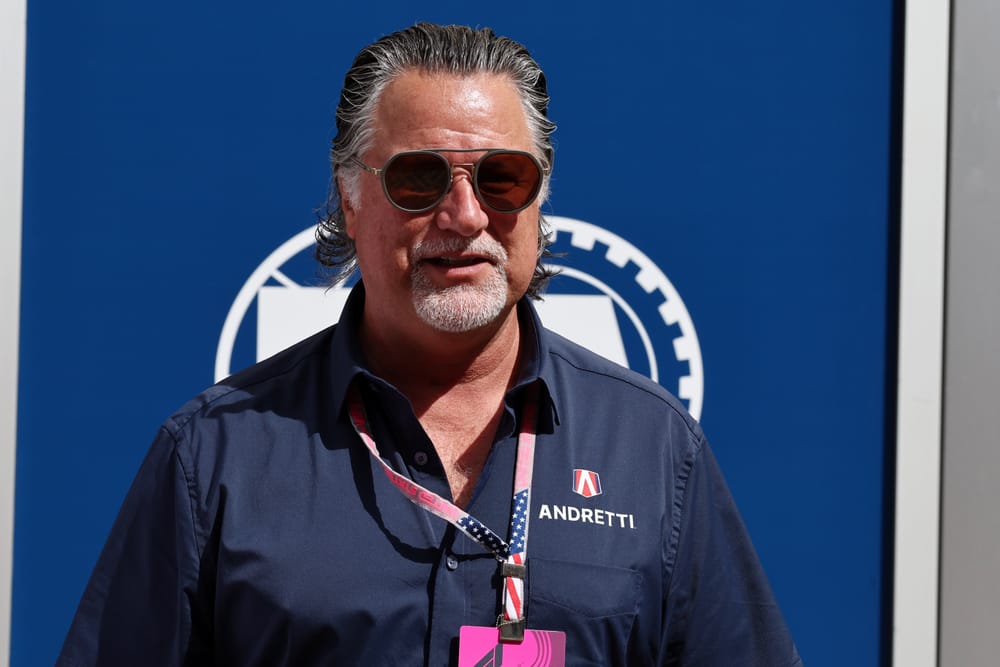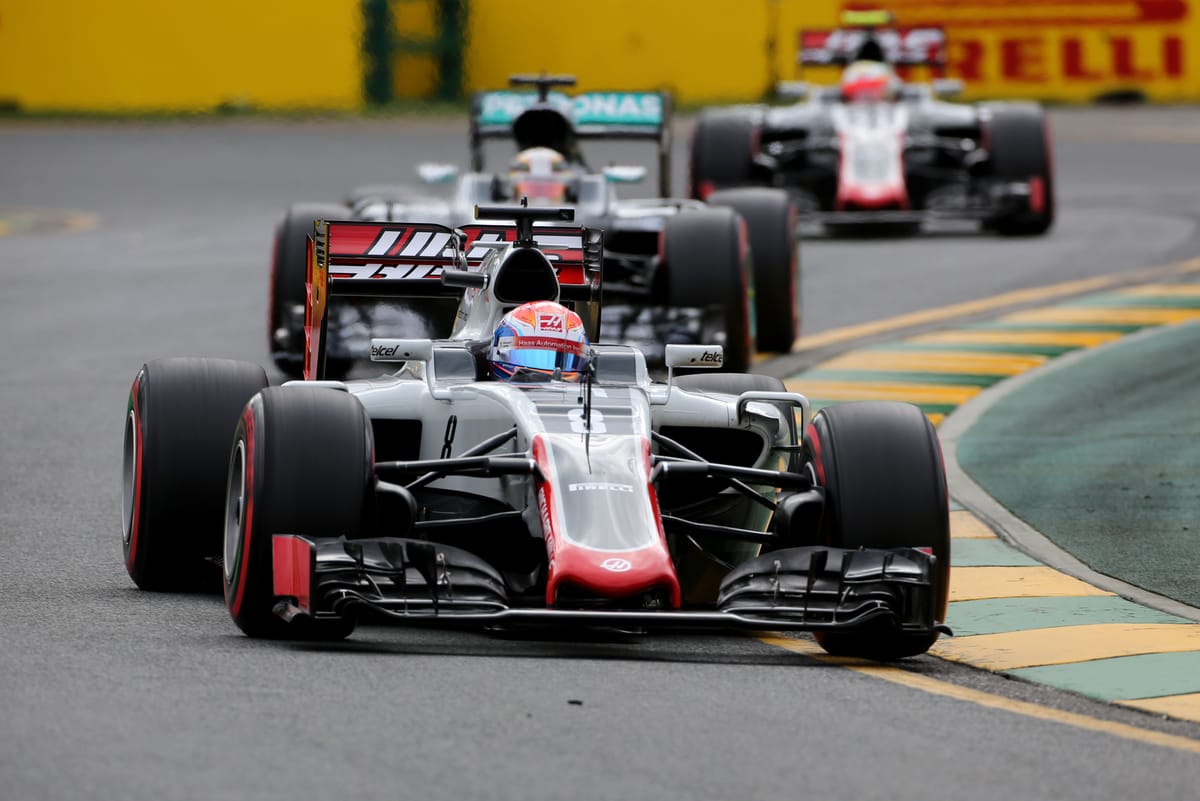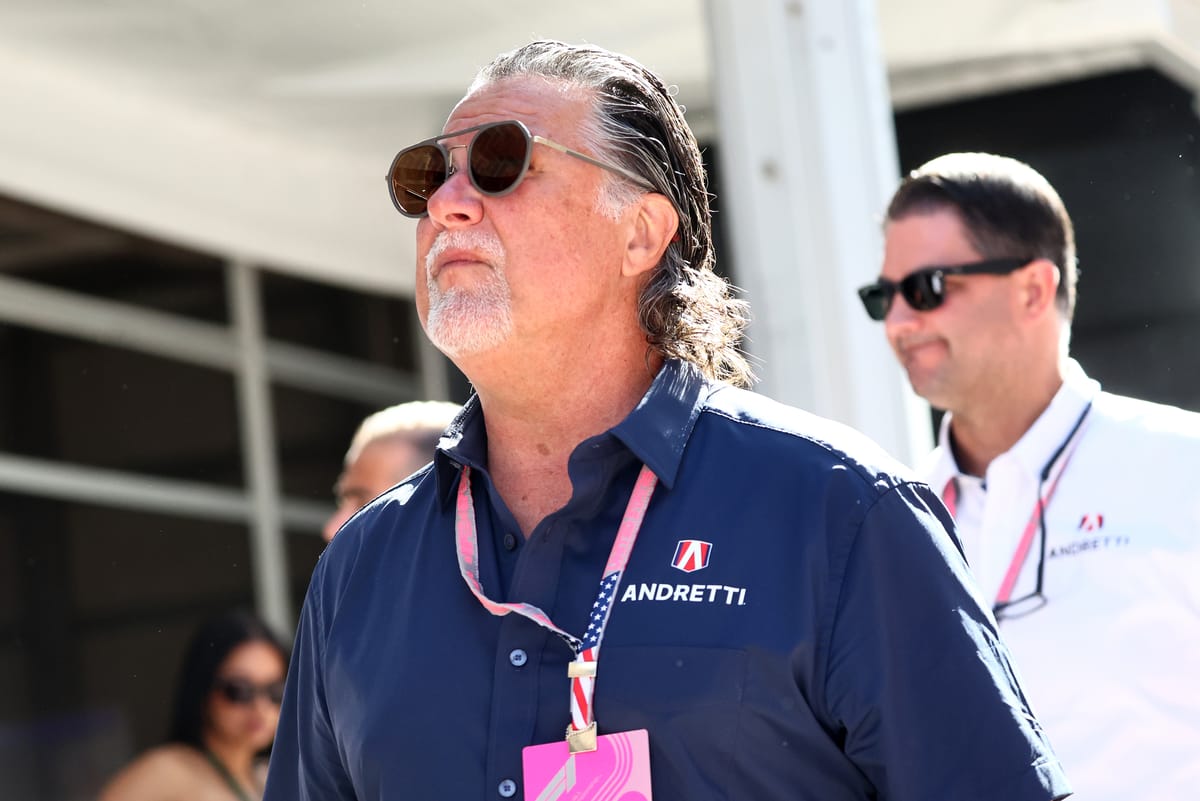Up Next

Was Guenther Steiner the difference between a Haas Formula 1 team deserving a place on the grid or not? No, that would be a stretch.
But his departure signals a degree of meandering that raises questions over whether Gene Haas’s team is what F1 has in mind for a so-called franchise model that is currently blocking a potential Andretti General Motors works team.

Steiner did not put up the cash but his sweat equity is the reason for Haas having an F1 team in the first place. He has left because he believes the team needs more investment from its owner to become more competitive again, and Gene Haas disagrees.
This season will already start to tell us who is right and who is wrong. But Steiner’s not the only one who thinks Haas F1 has been treading water. And if this is what Gene Haas wants his F1 team to be, or is willing to let it be, how much value is that team to F1? And does it start to change the argument about whether or not another team, mainly the Andretti/General Motors bid, should be on the grid instead?
Haas without Steiner is a lot less interesting, for starters, but also a lot less commercially relevant.
Whatever you think of him, he gave Haas more than just an F1 team - he became an accidental star and a popular leader who was key to improving the image of a brand that was barely known commercially outside of a specific industry, and outside of the United States. Sponsors joined Haas to be part of Steiner’s team and he was a hit on the Netflix Drive to Survive series.
Without him, Haas easily loses its most recognisable asset - more than its two drivers, for sure. And potentially becomes no more successful, if Gene is not digging into his pocket.
Haas now risks becoming a team that does not stand out from the crowd at all, has no history, and will be less appealing to partners.
So it is fair to ask what that team brings to F1. Especially as the conversation around Andretti is constantly ‘what are they adding, rather than just taking away?’. And the answer for Haas is that it’s easy to see Haas becoming an anonymous, unambitious outfit that hoovers up prize money and offers little to nothing to F1 overall as the permanent 10th team.
That goes directly against what F1 wants to achieve with its so-called franchise model. F1 is asking us all to buy into the idea of 10 healthy, successful teams. That only works if the ‘franchises’ are as strong as they can be.
Haas is not. Or at least, it does not look like it. So if it’s taking up one of the 10 locked-in spaces on the grid, and denying a new team with links to General Motors and a new engine manufacturer in a few years’ time… surely you have to question how that is possibly in F1’s best interest?
While that’s not going to make Gene Haas himself any more likely to sell, this could change if the team keeps underachieving, he is genuinely unhappy about that, and still has no interest in investing further. And it might nudge F1 as an organisation away from ‘back the existing 10 teams’ to ‘actually it might be better if this one gets sold’.
The main argument against Haas disappearing is that the people working there don’t deserve to have the team shut down. That is why a sale, whether to Andretti or someone else, makes so much sense and is an elegant solution for all parties.
Haas’s apathy is no good for the team’s prospects, no good for the people who work there, no good for F1. Selling means the entry has more momentum and commitment behind it and the people working there have the choice of working for the new team instead.
Andretti is such a logical target. Haas’s position appears to be unchanged but there is a logic to such a move as he would rake in a huge sum of money, Andretti would get a starting point for his team and the standoff between the FIA and F1 over letting in an 11th team would be resolved.
Michael Andretti has said that he had several conversations in the past with Gene Haas about the possibility. He told Associated Press in May 2022 that Haas wasn’t interested and that “he didn’t care if he’s running in the back” because “it works for him anyway”. That supports what Steiner’s shock departure suggests, that all Haas wants is to carry on as is and, at best, try to be a little better.

It has long been this writer’s view that the 10 teams that stuck with F1 before its popularity boom and rode out the COVID-19 storm deserve prioritising over any new entity that wants a piece of the pie now.
But that protection should not be permanently afforded. Because the risk of a closed shop is that once they are in, teams can just tug around in perpetuity.
So, the question is, objectively, which offers more to F1. A meandering, anonymous Ferrari customer with an uncompetitive and potentially already outdated technical model, whose owner does not want to invest? Or another big US racing name with a manufacturer deal and a works engine in the pipeline?
It’s a no-contest. And while Haas can’t and won’t be forced to sell, and until now F1 probably wouldn’t care either way, Steiner’s exit does tangibly impact the conversation around it.
For better or for worse, his Haas was definitely not anonymous. What it lacked on-track it at least had the potential to be relevant off it. Now it might not even offer that.
If such a confusing existence persists, Andretti and General Motors would seem to offer a logical solution.






